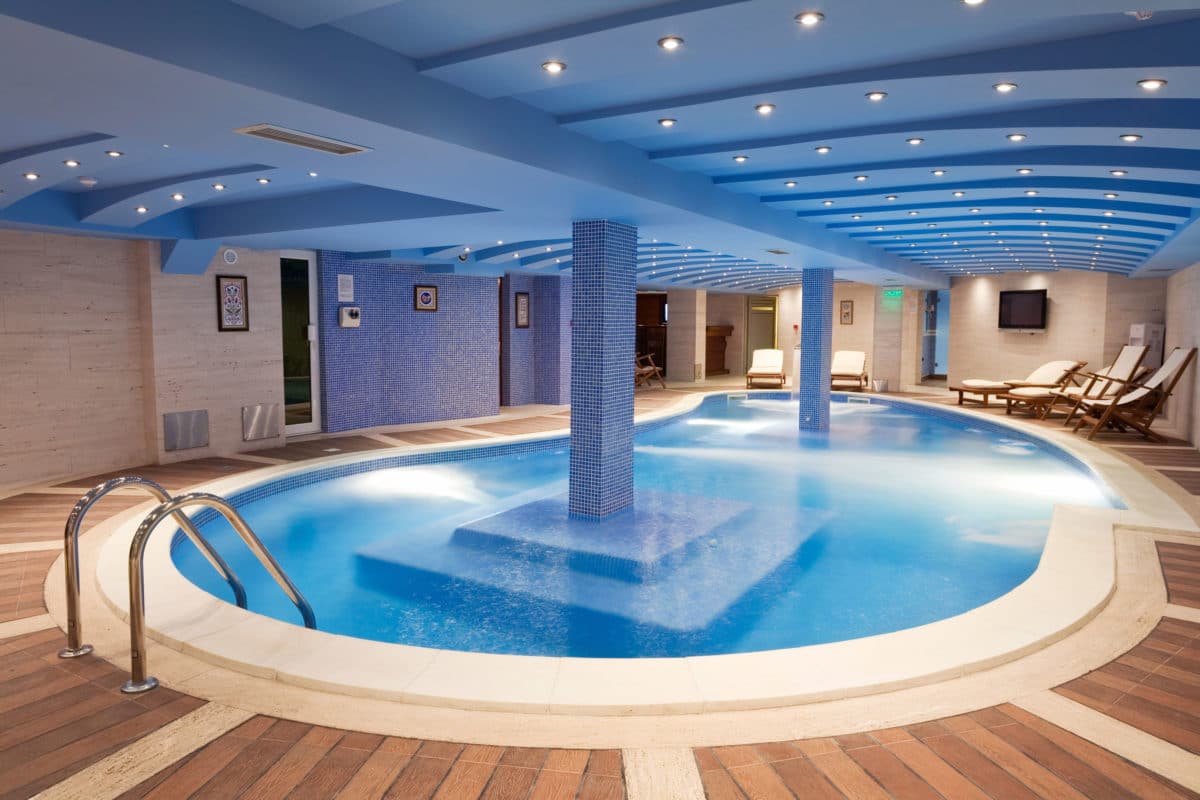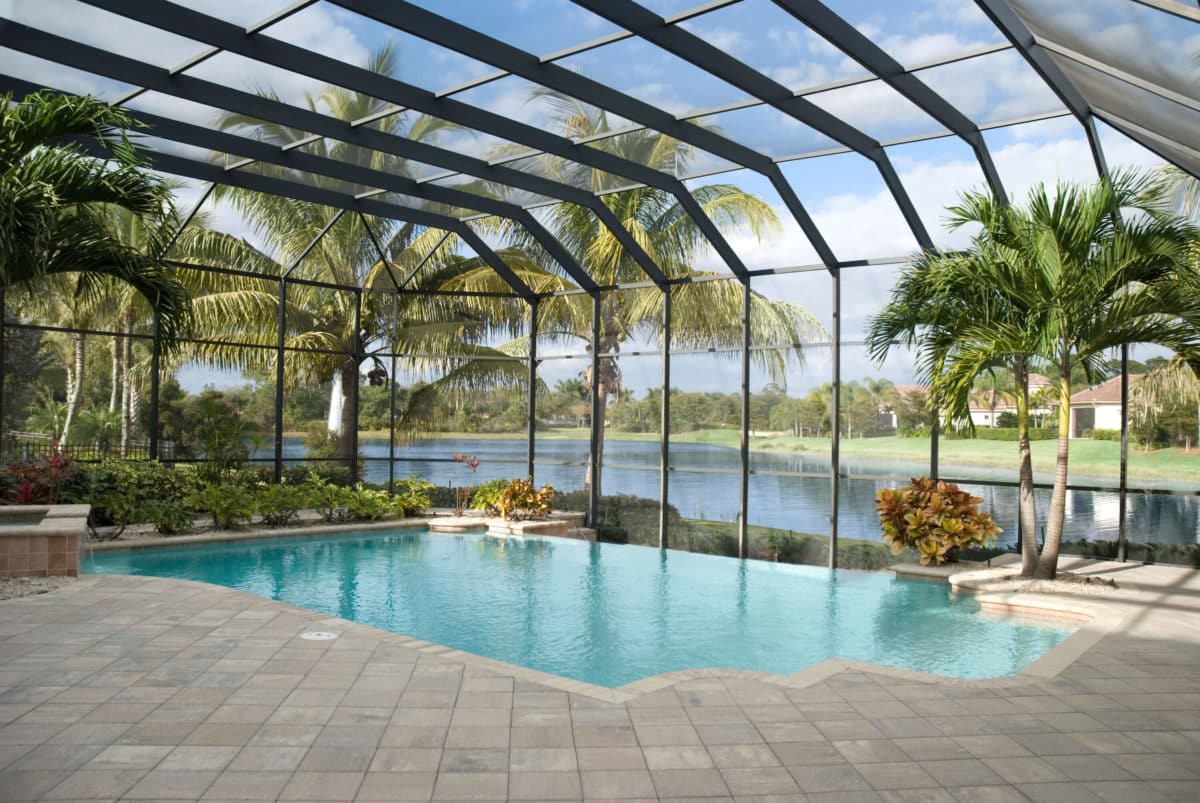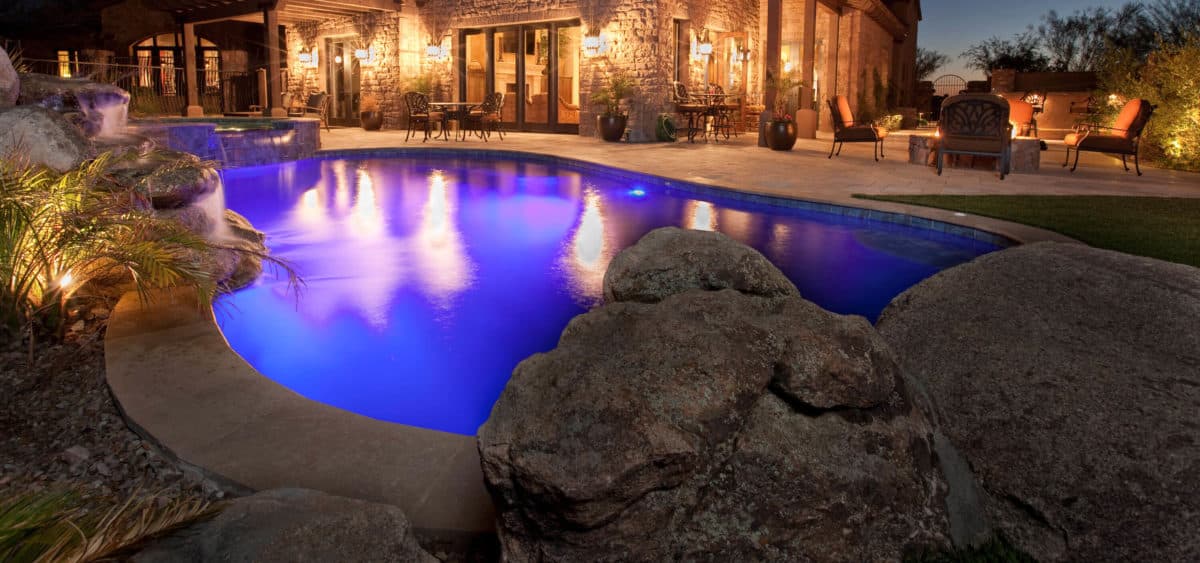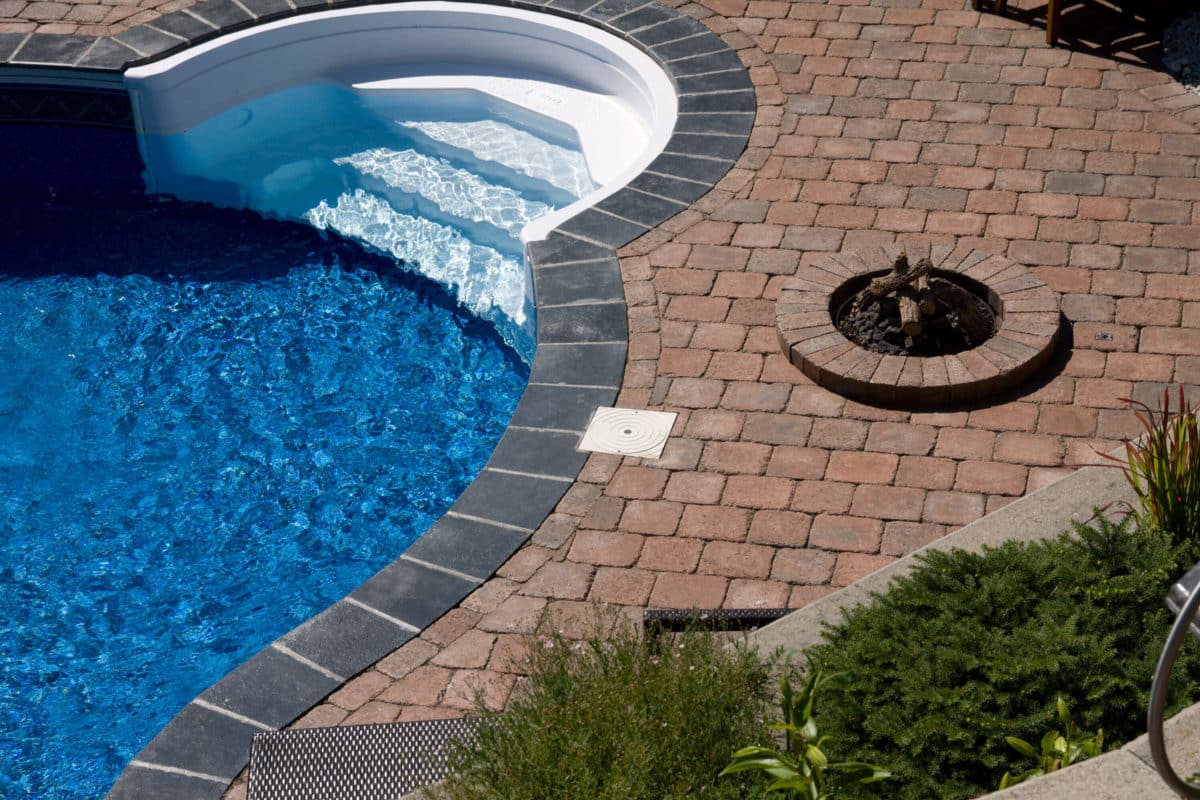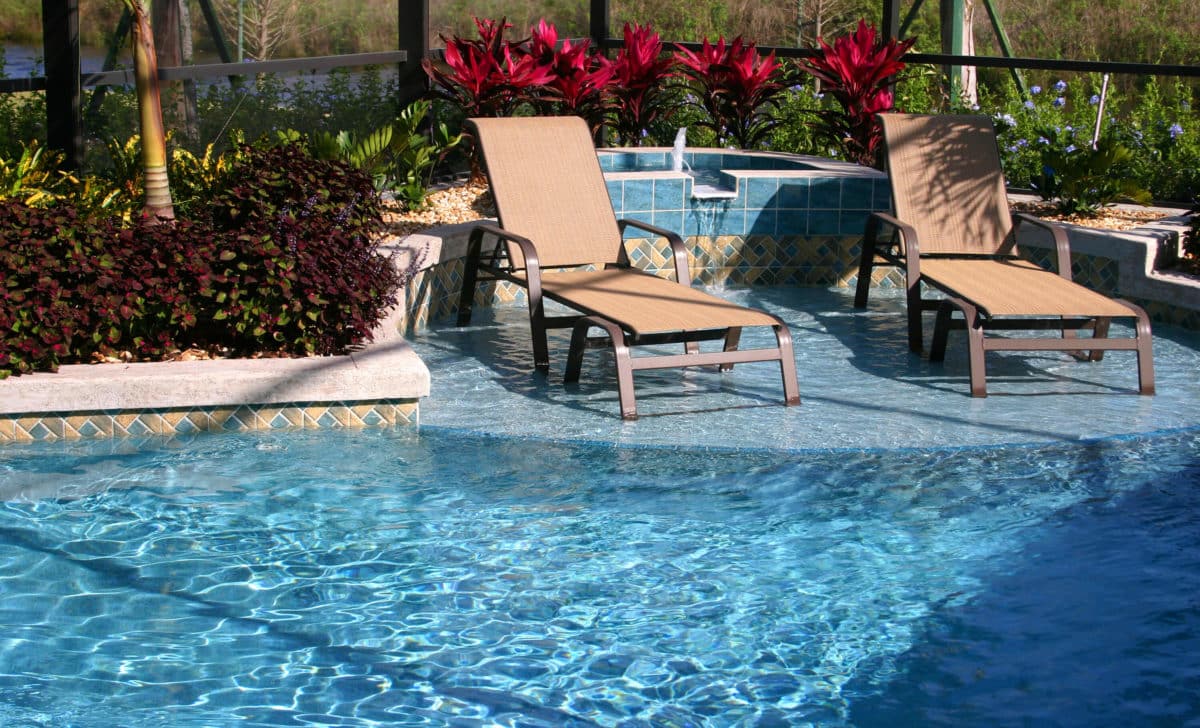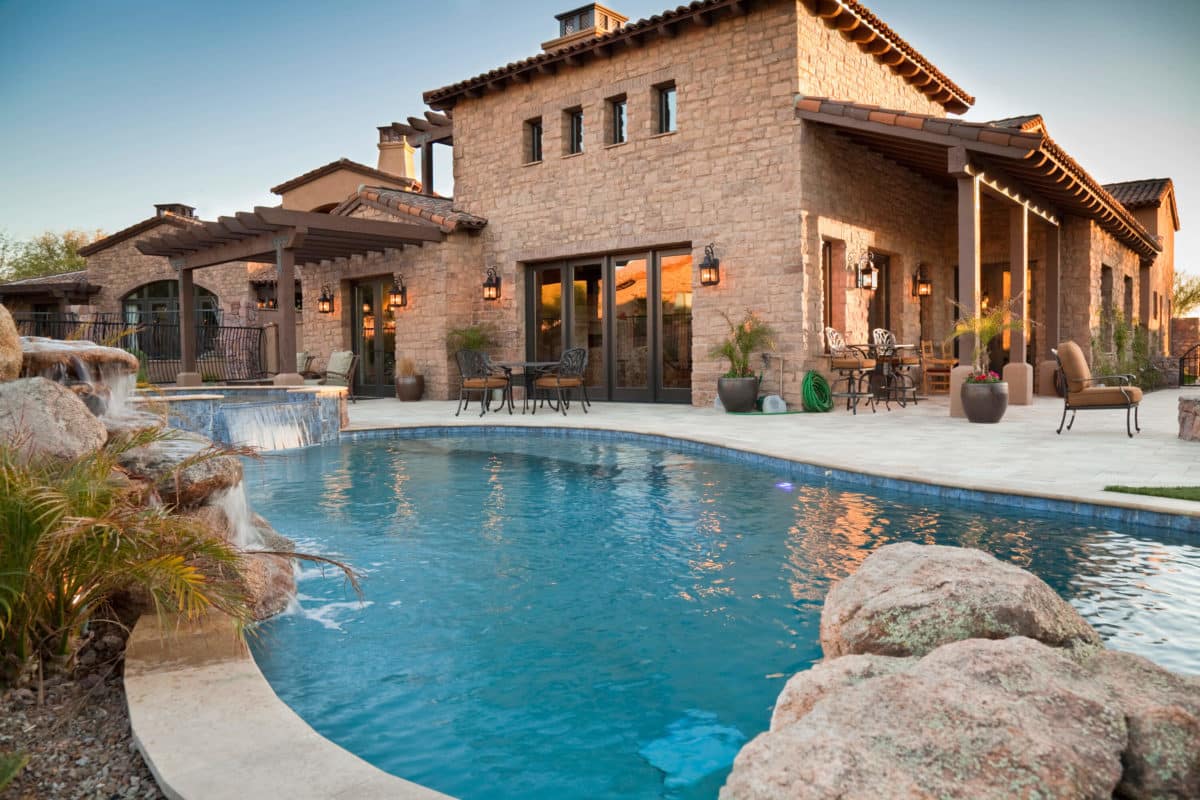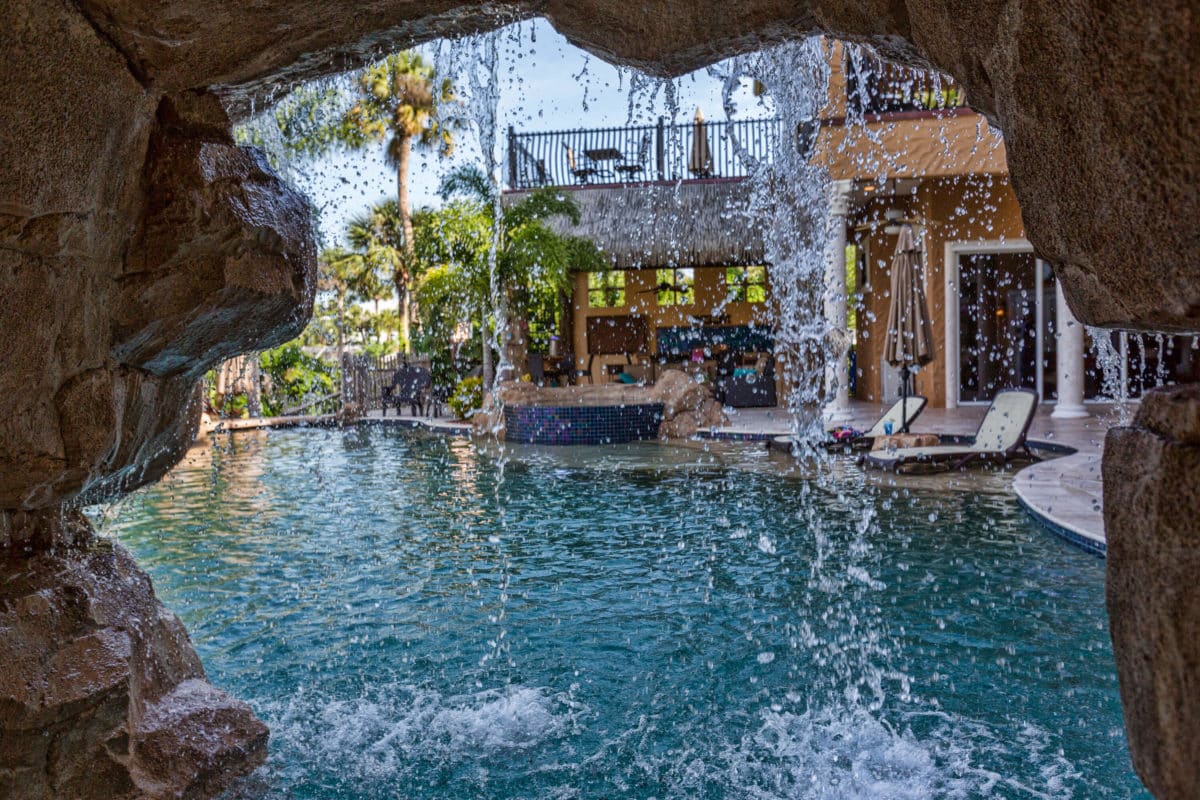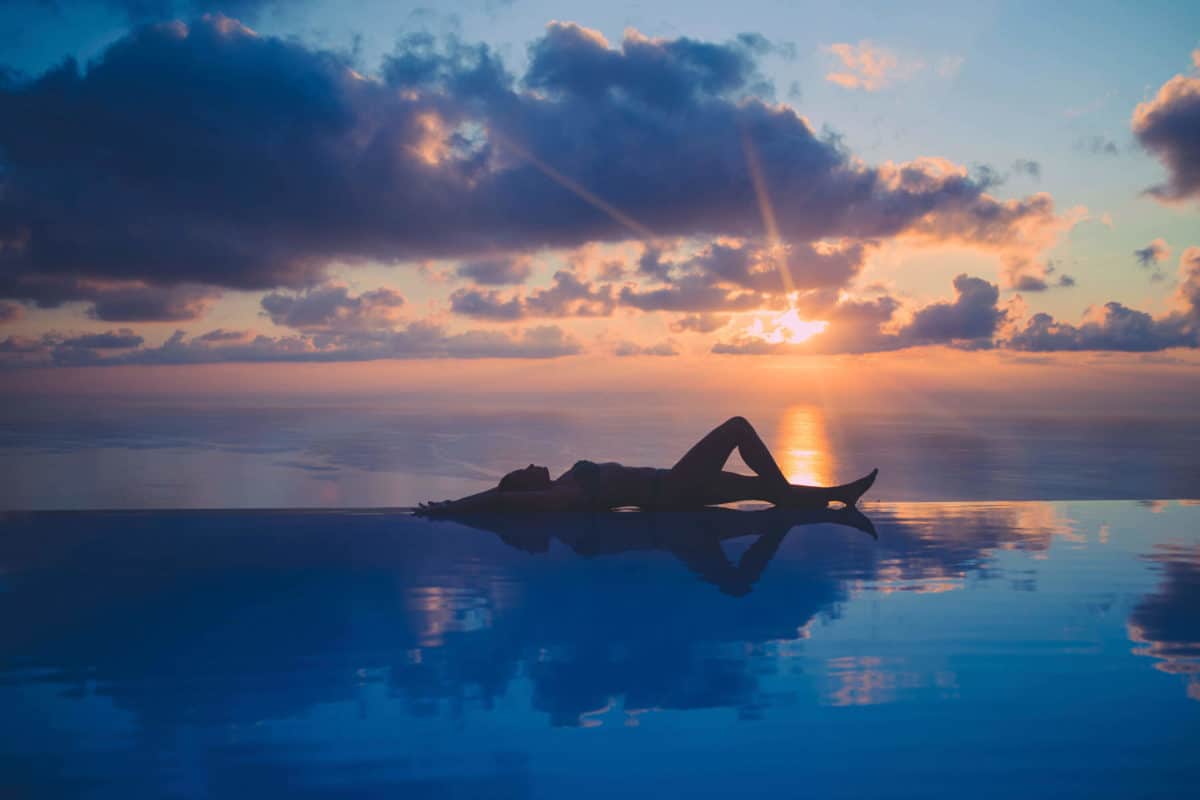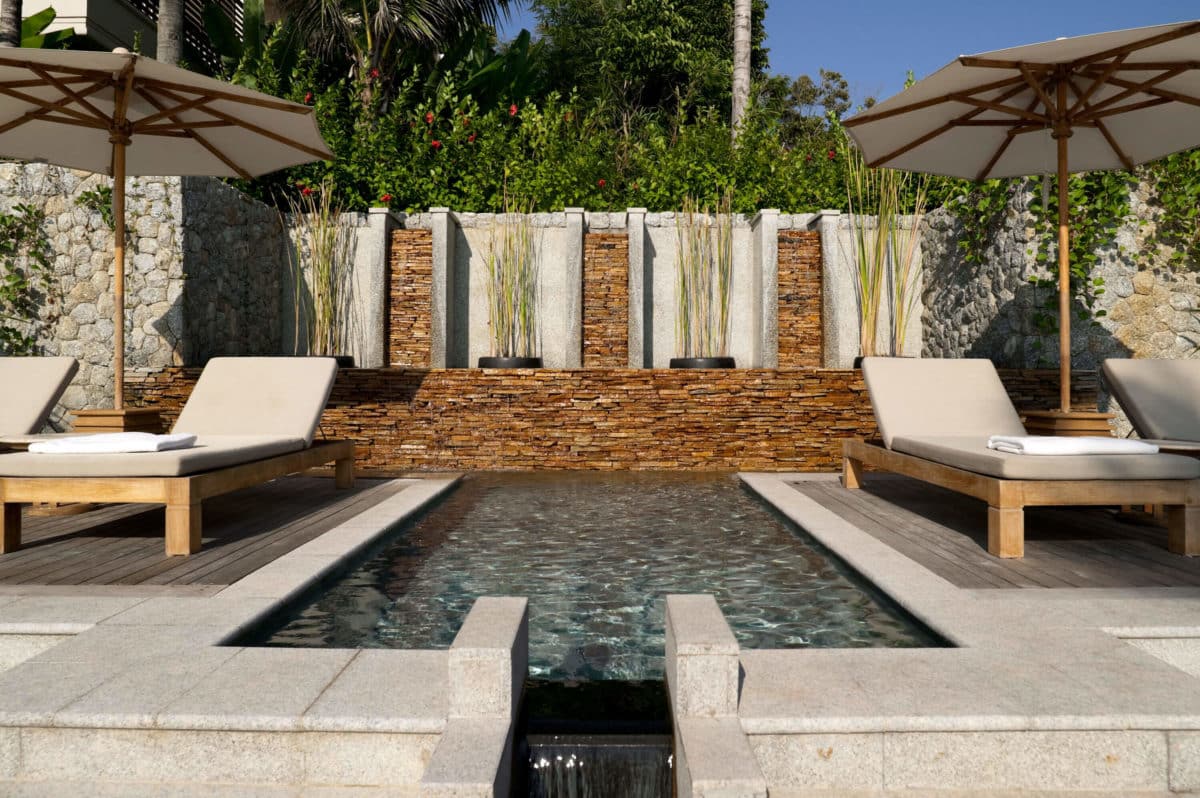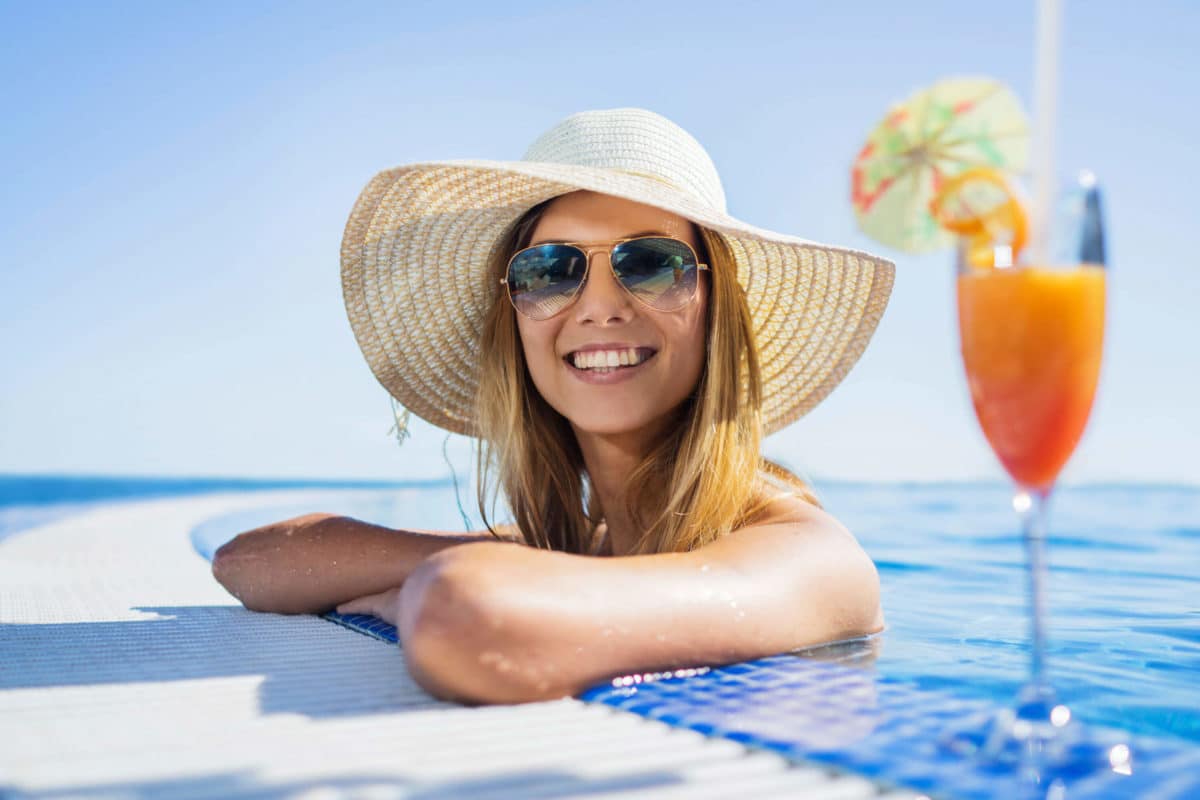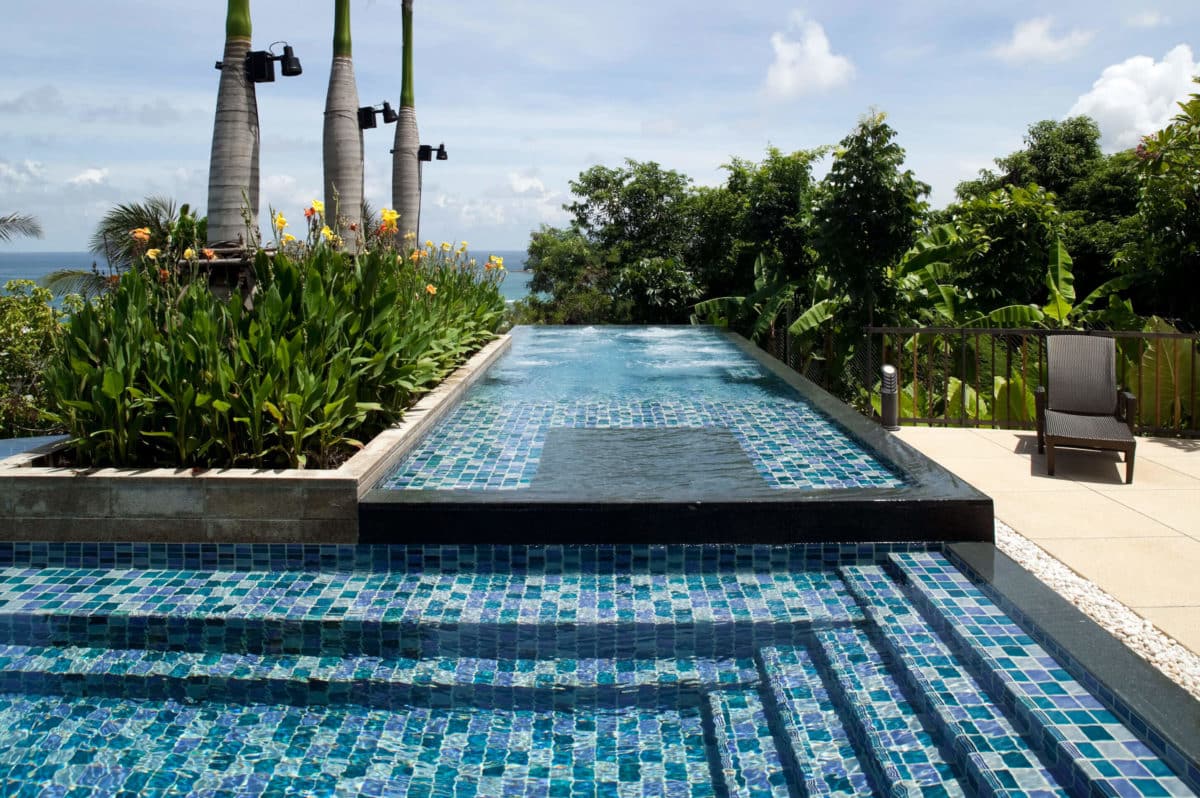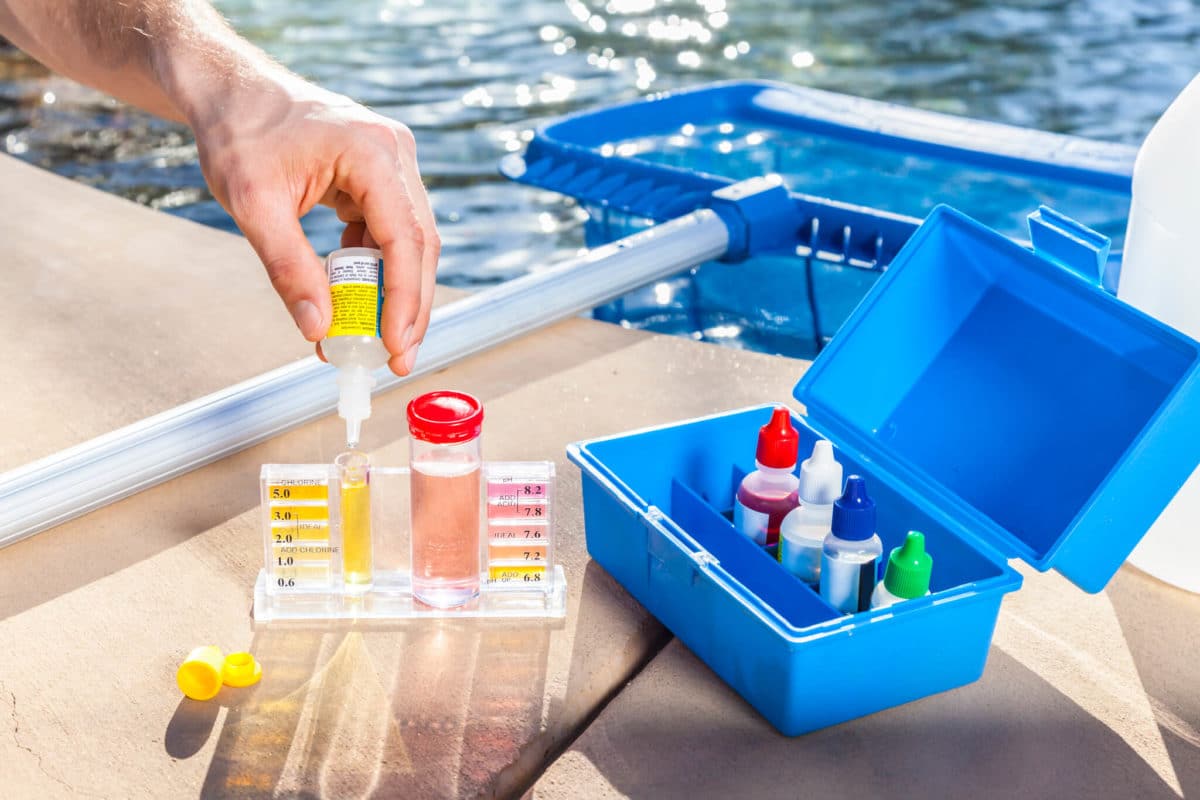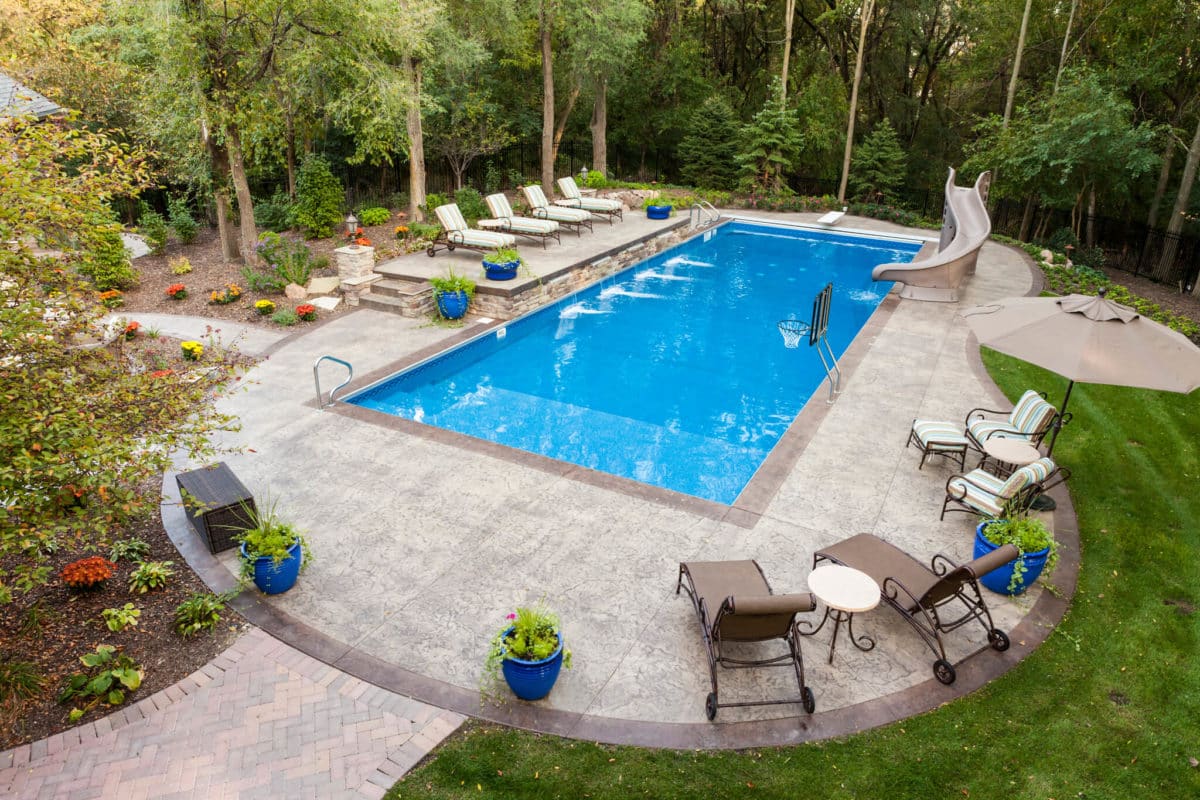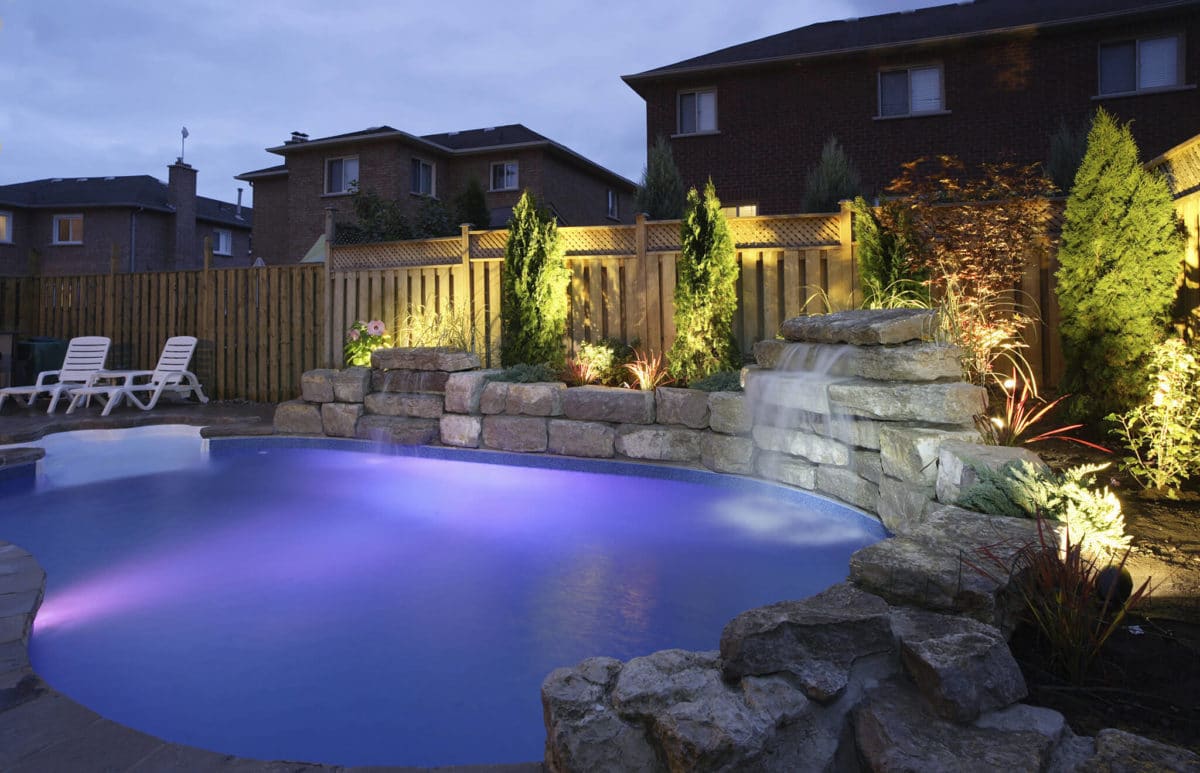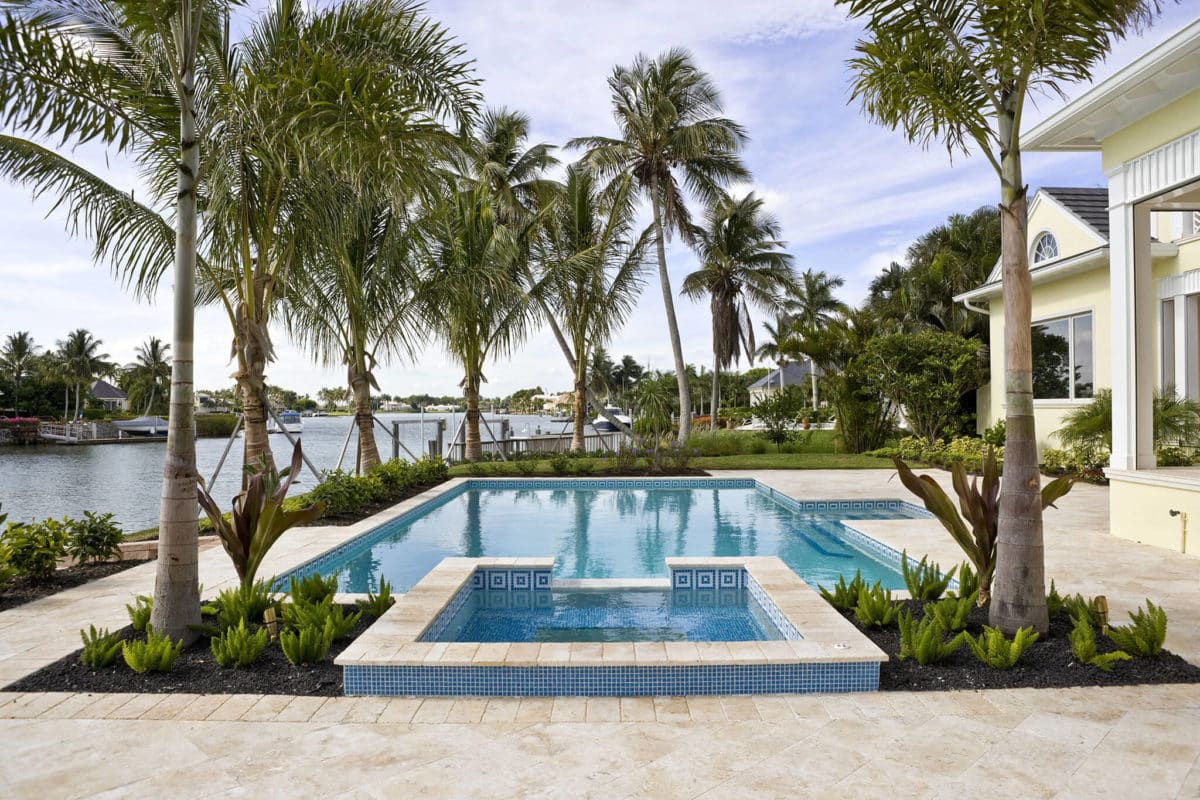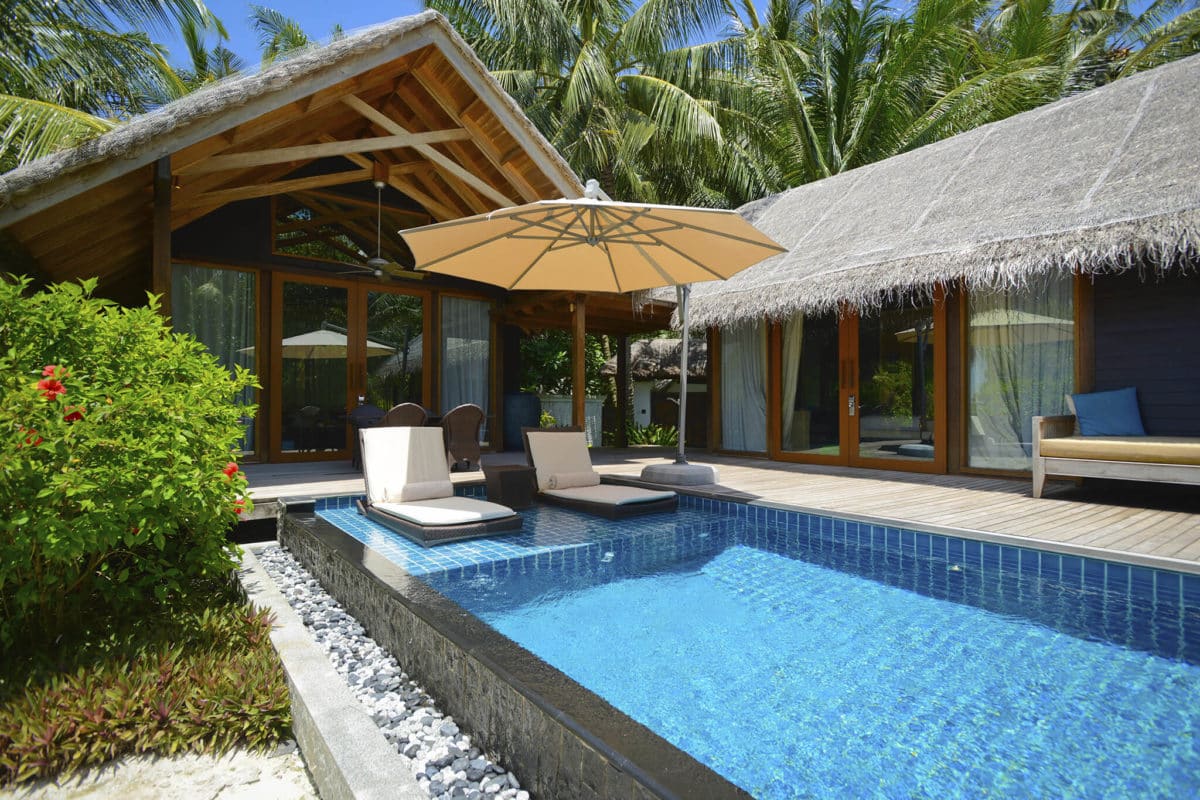Considering an indoor pool for your home? Indoor swimming pools, with their luxurious designs and year-round convenience, are an increasingly popular option with pool buyers. While we can offer our clients here in Bluffton, Hilton Head Island and the surrounding areas of South Carolina, Georgia and Florida, the perfect luxury pool design and outdoor living space experience. One thing we can’t guarantee is that Mother Nature will always cooperate with their outdoor plans and swimming schedule.
An indoor pool can take care of that uncontrollable inconvenience. And unlike many indoor swimming pool enclosures of the the past, today’s pool designs and use of indoor space can give you the look and feel of a luxurious, world-class spa rather than the simple, industrial indoor swimming pools found at your local YMCA.
Here are three things to consider before designing and building an indoor pool.
Cutting the Cost of Indoor Swimming Pools
One of the top tips to save money on your next indoor pool has less to do about the design, pool materials and custom swimming pool features and instead, more to do with timing. Planning for an indoor swimming pool during the design and construction of a new house will cut costs for the homeowner.
But don’t take that the wrong way, it is possible to add an indoor swimming pool to an existing home. It is also possible to design a custom pool and interior pool space to fit with your existing home design. The costs, however, due to renovations to your existing home, will be much less if you build the indoor swimming pool at the same time as you build your new home.
If, however, you don’t want to do any extensive renovations to your home, another option to save money on indoor pool costs is to consider adding a separate structure to your existing home for your pool. Either way, always pay careful attention to ventilating your indoor pool enclosure.
Importance of Indoor Swimming Pool Ventilation
Indoor air quality, when it comes to indoor pools, is not just an issue of comfort, but also an issue of safety. Because indoor swimming pools are in an enclosed atmosphere, ventilation and dehumidification are two words homeowners must pay careful attention to when building a custom indoor pool.
Without proper ventilation, an indoor chlorine pool can create a dangerous environment for homeowners and guests. Therefore, indoor pool installations must have a special ventilation system designed to exchange the humid air full of pool chemicals for fresh, drier air. It may also be necessary to install a separate dehumidification system along with your ventilation system.
Because air quality of indoor swimming pools is such an important factor, it is highly recommended that you always work with a professional pool company with expertise designing and building indoor pools.
The Indoor Saltwater Pool Option
Saltwater swimming pools offer a number of benefits. These pools require less maintenance and cost less to operate. These indoor swimming pools are more gentle on the skin, eyes and hair of swimmers and are more suitable for individuals with health conditions like asthma or allergies.
But don’t make the mistake of thinking an indoor saltwater pool is free of chlorine, therefore ventilation is not as important as a chlorinated, indoor swimming pool. Saltwater pools do use chlorine to maintain a safe swimming environment. The big difference between chlorinated swimming pools and pools with salt water is how that chlorine gets in the water. If you do decide to go with a saltwater pool system for you indoor swimming pool, make sure the space that houses you custom pool is still properly ventilated.
Have any further questions about indoor swimming pools? We’re here to help. Contact us with any of your questions or to learn how we can design and build a custom, luxury indoor pool for your home.

